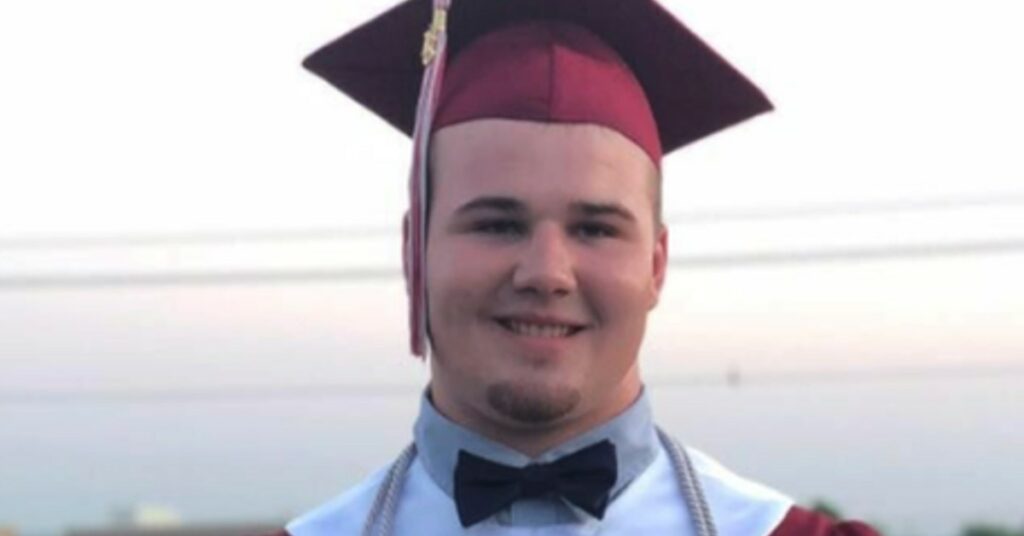The family of a University of Cincinnati student who died after being held in jail for several days without water has reached a settlement with local authorities. The settlement was announced on Tuesday and ends a legal battle that lasted for five years.
The case began in July 2013 when 21-year-old student, Charles “Chuck” Dewey, was arrested on charges of drunk driving. He was taken to a county jail where he was held for several days without being given access to water. Dewey, who suffered from bipolar disorder, schizophrenia and addiction issues, repeatedly begged for water during his time in jail, but his requests were ignored.

On the fourth day of his incarceration, Dewey was found unresponsive in his cell and was rushed to the hospital. He died a few days later from organ failure caused by dehydration. His death was ruled a homicide, and a subsequent investigation revealed that jail staff had ignored his pleas for water and had falsified records to cover up their neglect.
The settlement with the Dewey family includes a payment of $4.85 million and an agreement to implement reforms at the jail. The reforms include changes to staff training and protocols for monitoring and treating inmates with mental health issues.
The settlement was reached after years of legal wrangling between the Dewey family and local authorities. The family filed a wrongful death lawsuit against the county, which was dismissed in 2016. They then filed a civil rights lawsuit against the county and several jail officials, which was settled this week.
The settlement comes amid growing concern over the treatment of mentally ill inmates in US jails and prisons. A recent report by the Treatment Advocacy Center found that individuals with mental illness are overrepresented in US jails and prisons, and that they are more likely to be mistreated and abused than other inmates.
The Dewey family has expressed hope that the settlement will bring about positive changes in the way that mentally ill inmates are treated in the US justice system. “We hope that this settlement will make a difference in the lives of other people who are incarcerated and who suffer from mental illness,” said the family’s attorney, Al Gerhardstein.
The settlement also sends a strong message to other jails and prisons across the country that neglecting the basic needs of inmates will not be tolerated. “This case is a wake-up call for jails and prisons across the country,” said Gerhardstein. “Incarcerated individuals have basic human needs that must be met, and neglecting those needs can have tragic consequences.”
The Dewey family has said that they will use the settlement money to establish a foundation in memory of their son, with the goal of improving mental health services for people in need. “We hope that Chuck’s legacy will be one of compassion and kindness, and that this settlement will help to prevent other families from experiencing the same tragedy that we have,” said the family in a statement.




